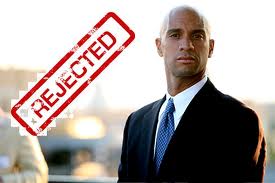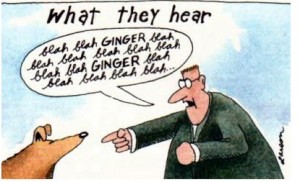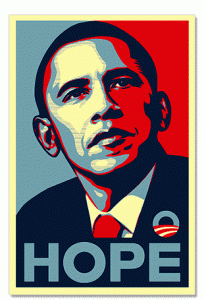So here’s a question for you. What time zone do you live in. Which is most relevant to you?
I’ll outline three. And you have to pick one. That’s right. Only one. The one that is most relevant for you.
Note: there is NO right or wrong answer. Just an answer.
Here are your choices.
 Traditionalists – History is important – personal, familial, cultural. What has gone before should not be forgotten. Traditions matter. They are there for a reason. Anchors. Guideposts. They hold both family and society together. They are precious gifts from one generation to the next. By reflecting on and understanding the past we can best adapt and enjoy what’s ahead.
Traditionalists – History is important – personal, familial, cultural. What has gone before should not be forgotten. Traditions matter. They are there for a reason. Anchors. Guideposts. They hold both family and society together. They are precious gifts from one generation to the next. By reflecting on and understanding the past we can best adapt and enjoy what’s ahead.
Existentialists – What is most important is today; what is happening now. Carpe diem. Seize the day. By focusing on the moment we give energy and meaning to every breath and every experience. It is not that yesterday or tomorrow do not matter. They do. But we create yesterdays and tomorrows by living every day – right now – to its fullest.
Utopians – We live today in hope for tomorrow. Things have and will get better. And that is because people have great visions and take great risks. We have an indefatigable confidence in what tomorrow can be. We have the dream and the discipline to cross the next frontier and make the next advancement. We want and are building what is next.
So there it is. Which time zone floats your boat? Which makes you most comfortable. Where (rather, when) do you spend most of your time? Are you the Traditionalist who lives in the past, the Existentialist who lives in the present, or the Utopian who lives in the future?
Could it be that brands also live in a particular time zone? Some relate to us by tradition. Others by experience. Others through hope.
There is no right or wrong choice.
Just a way of anchoring that helps us relate to each other and the things around us.
 Adaptive brands change, morph, reconfigure and adjust to the times. They broaden their aperture and constantly develop new points of relevance.
Adaptive brands change, morph, reconfigure and adjust to the times. They broaden their aperture and constantly develop new points of relevance.






